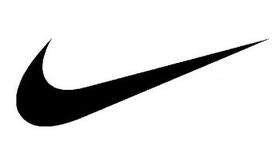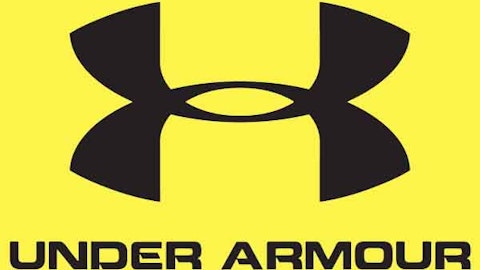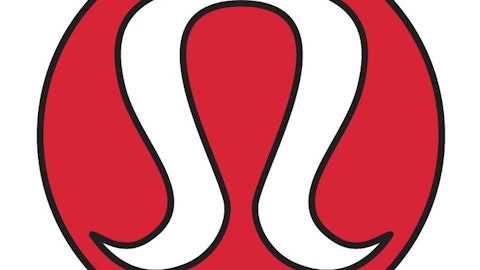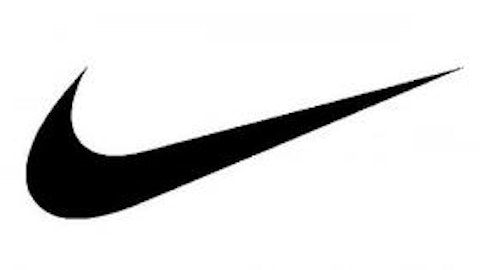American consumer confidence rose to a five-year high in May according to the Conference Board’s Consumer Confidence Index. A soaring stock market and growing strength in the housing industry has Americans feeling wealthier and more willing to return to their historical consumerism despite intractable unemployment figures.
With Americans reporting renewed confidence in the economy, the stocks of many of the corporations who thrive on American consumerism have surged. One industry that stakes a strong claim to Americans’ discretionary spending and has correspondingly outperformed the stock market in recent months is the footwear industry.
Specifically, stocks of footwear industry-leaders NIKE, Inc. (NYSE:NKE), Wolverine World Wide, Inc. (NYSE:WWW), and Deckers Outdoor Corp (NASDAQ:DECK) have performed impressively in the past six months.
Nike offers stable revenue

Unlike its competitors Wolverine World Wide, Inc. (NYSE:WWW) and Deckers Outdoor Corp (NASDAQ:DECK), NIKE, Inc. (NYSE:NKE)’s future growth is likely to be driven by non-footwear revenue. Q1 2013 displayed the extent to which this is true. While footwear accounted for 65% of the company’s Q1 2013 North American revenue, the company’s overall 20% year on year increase in North American revenue was driven mostly by success in the apparel and sports equipment industries.
NIKE, Inc. (NYSE:NKE)’s North American footwear sales increased 16%, while apparel sales increased 22% and equipment sales jumped 51%. Nike’s success in the apparel and sports equipment markets provides the company with a decided advantage over its footwear competitors, as the company draws upon a more diverse (and therefore more stable) set of revenue streams than Wolverine World Wide, Inc. (NYSE:WWW) and Deckers.
Reflecting market confidence in the strength of the footwear industry and in Nike’s uniquely diversified revenue stream, Nike’s stock price has increased 30% in the past six months.
Wolverine’s aggressive acquisition-fueled growth
The second-largest of the U.S. footwear companies, though only a small fraction of Nike’s size, is Wolverine World Wide, Inc. (NYSE:WWW). With a market capitalization of slightly over $2.5 billion, Wolverine World Wide, Inc. (NYSE:WWW) is a conglomeration of various brands, including Merrell, Hush Puppies, and Patagonia. Wolverine recently added to its list of brands through the 2012 acquisition of Collective Brands’ Performance & Lifestyle Group, the parent company of the recognizable Saucony and Keds brands.
The Collective Brands acquisition led to a massive 100% increase in revenue in Q1 2013, though it also resulted in a significant increase in Wolverine’s long-term debt, which now stands at over $1.2 billion. Analysts have viewed the acquisition as a strategic coup for Wolverine: it expanded the company’s retail distribution capacities; substantially increased the company’s presence in the children’s and athletic footwear markets; and created new efficiencies in Wolverine’s international sourcing and distribution networks.
However, with long-term debt now standing at 65% of market capitalization and significant interest payments due on the debt accumulated to finance the Collective Brands acquisition, the company’s long-term profitability is far from assured.
To this point, the market has reviewed the acquisition favorably; in the past six months the company’s stock has kept pace with Nike’s and increased 30%. Further, the market appears to currently believe in the company’s ability to generate revenue growth as it trades at a price to earnings ratio of 33 compared to Nike’s 24.
A strong UGG brand creates value in Deckers
The smallest of these three footwear companies is Deckers, which controls various brands, including Teva, and most importantly, UGG, which accounted for 84% of Deckers’ 2012 sales. Deckers has seen the most sizable stock boost of these three companies in recent months, increasing in value by 50% from December 2012 lows.
Various factors have converged to account for Deckers’ recent stock price rise and create optimism regarding the company’s future: a decline from historic highs in sheepskin prices has increased the profitability of UGG products; a far colder winter than last year drove strong demand for warm UGG boots this past year, and is expected to fuel demand into next winter; and immense popularity of UGG products in 2012 online Christmas shopping boosted analysts’ evaluations of the long-term strength of the UGG brand.
Notwithstanding the recent rise in its stock price and the various positive long-term trends discussed above, with a price to earnings ratio of 16, Deckers still trades at a significant discount to its competitors. This discount reflects continuing uncertainty regarding the marketability of UGG products, which have sold erratically in the recent past. For example, in 2012, Deckers’ stock fell precipitously as UGG sales declined sharply in an unusually warm winter.
The best bargain in footwear is Deckers
Despite strong reason for belief in near-future growth in footwear sales due to burgeoning American consumer confidence, the recent success of footwear companies in the stock market, which has brought P/E ratios for the industry above average highs for the 2000s, suggests that on an industry-wide basis there is no great value in the footwear industry.
Of the three companies analyzed here, an investor still interested in pursuing opportunities in the footwear industry would find the greatest value (and the greatest risk) in Deckers.
Colin Tweel has no position in any stocks mentioned. The Motley Fool recommends Nike. The Motley Fool owns shares of Nike.
The article This Footwear Company Remains a Bargain Despite the Industry’s Recent Surge originally appeared on Fool.com and is written by Colin Tweel.
Colin is a member of The Motley Fool Blog Network — entries represent the personal opinion of the blogger and are not formally edited.
Copyright © 1995 – 2013 The Motley Fool, LLC. All rights reserved. The Motley Fool has a disclosure policy.



